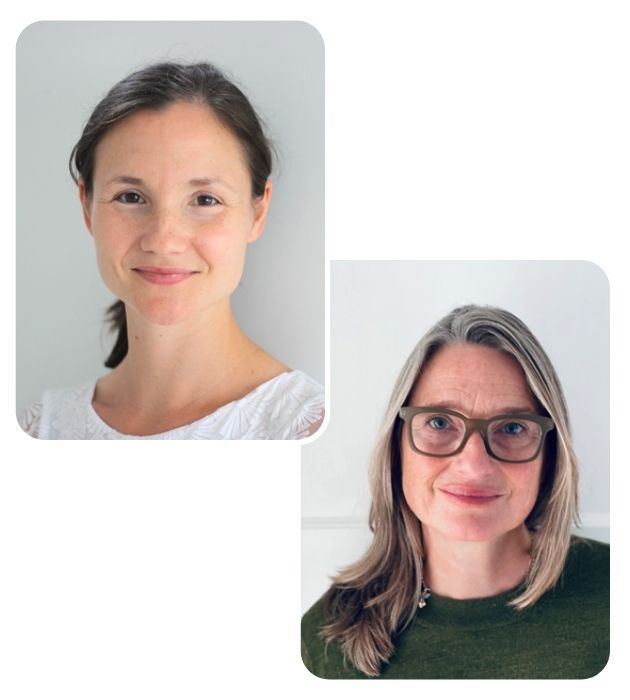
Translated health information is essential to tackling health inequality
Sophie Randall and Dr Alice Wood
- Communication and administration
- Health inequalities
- Digital health and care
Health Inequality
If we are serious about improving health inequalities then providing access to culturally-appropriate translated health information is vital in all care settings. In maternity and respiratory health, two priority clinical areas identified by the Core20PLUS5 strategy, access to translated information is at best a postcode lottery and quality is inconsistent.
Human and financial costs
Spending on translation and interpreting for Trusts and Health Boards in the UK was £65,962,418 in 2019/2020. In the West Midlands, one translation company received requests for 147 separate languages. In Mid-Yorkshire, a preventable emergency admission for asthma related to low health literacy had a price tag of £70,000, with associated human costs.
Lack of leadership
NHSE does not translate national projects and NHS providers are left to meet local needs, resulting in a huge duplication of effort. Additionally, NHSE does not recommend using machine translation because of concerns about clinical accuracy. However there is a clear risk and a cost to doing nothing, and direct translation of ‘clinically accurate’ English language material might not be culturally appropriate or meet the health literacy needs of communities.
PIF’s Consensus Guide to Translation
At PIF we have worked with members to develop consensus guidance on key challenges identified by their work. How do you involve communities in creating material to ensure it is culturally appropriate? How do you approach clinical quality assurance? What is the role of machine translation? We have mapped emerging good practice to the 10 PIF TICK criteria to guide organisations through the process.
Machine translation
Machine translation is improving. The charity Anthony Nolan embeds machine translation on its website. This provides an online ‘welcome’ to users of all backgrounds and it includes a disclaimer about clinical accuracy in the language chosen. Analytics provides data on the pages most used and languages selected. This will inform decisions about bespoke translation projects.
Working with communities
Working with communities is crucial. It identifies cultural barriers, any health literacy challenges, culturally appropriate language and dissemination channels within communities. Mid-Yorkshire took this approach to create asthma information for South Asians. The information is delivered by diverse avatars in the language of choice. User testing via faith communities has been very positive. This was a local partnership between the public and private sectors to tackle unequal health outcomes.
Checking clinical accuracy
PIF’s guidance recommends a risk-based approach to checking clinical accuracy. Factual information related to medicines requires direct translation via professional translators. Information on cancer screening or diabetes prevention may need a greater focus on being culturally appropriate and require community and professional translation checks.
Professional translation
Professional translation is the gold standard and companies can provide a wealth of guidance and support on options for checking clinical accuracy. Where they provide interpreting services, they can provide valuable links to the community.
Sharing resources
This work is not easy or cheap. We need to share reliable resources across the system. In December, the Association of Medical Research Charities called on the NHS to signpost digital health resources created by the charity sector and involve them in national projects. It noted the need for a quality check. The PIF TICK trust mark for health information now has 125 organisations in membership, most are charities.
What’s next?
Our translation working group continues this year. Members want to see a cross sector partnership to provide national translated resources on key areas of health inequality and for the NHS to revisit the role of machine translation.
If you would like to be involved, or have an example of good practice to contribute, contact arabella.serrels@pifonline.org.uk.
Biographies
Sophie Randall is Director of the Patient Information Forum, the UK membership body for people working in health information and support. She is also co-founder of Oyster Healthcare Communications, and has a particular interest in digital tools, risk communication, health literacy and health inequality, alongside personal experience of accessing mental health services as a parent/carer.
Dr Alice Wood is a GP practising in Buckinghamshire alongside working as Clinical Director and Clinical Safety Officer for Cognitant Group, a digital healthcare technology company who specialise in creating and disseminating visual and accessible health information.